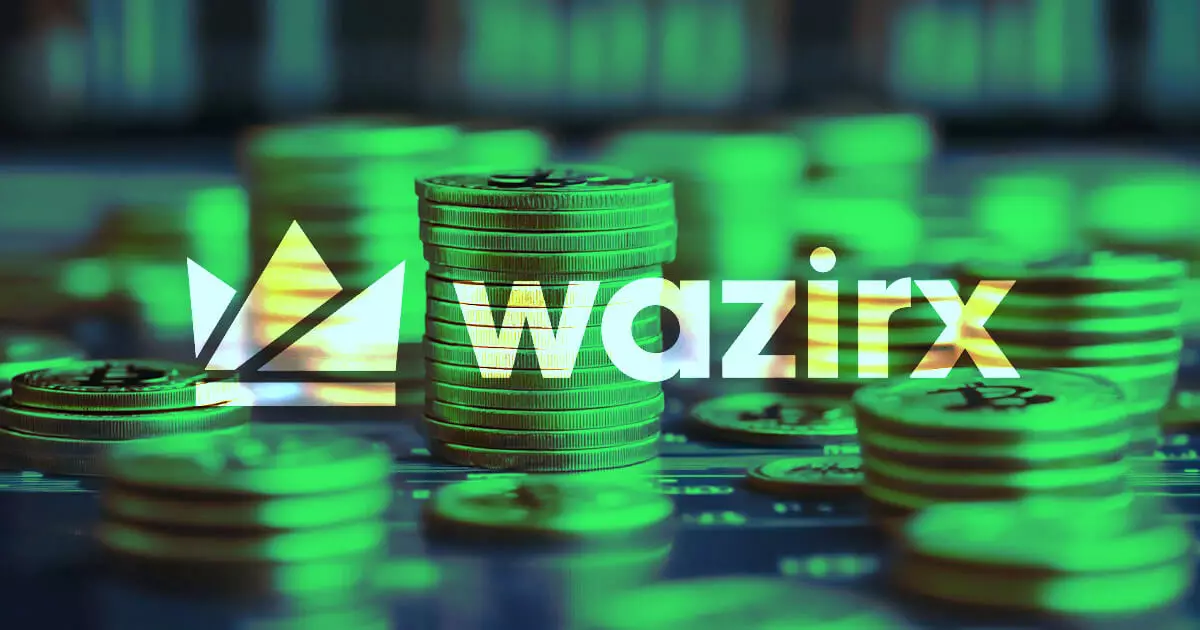In the ever-evolving world of cryptocurrencies, transparency has become a cornerstone for building trust between exchanges and their users. The Indian crypto exchange WazirX recently released a proof-of-reserves (PoR) report, shedding light on the distribution of its customer assets. This report aims to enhance accountability and establish a framework for independent verification of funds, a much-needed feature in a market often criticized for opacity. By providing detailed information about wallet addresses and asset holdings, WazirX is taking a step towards fortifying user confidence in its operations.
According to their latest announcement, WazirX holds a staggering $298.17 million across 242,000 wallets as of October 24. Of this substantial figure, over 40%—equivalent to approximately $126.91 million—resides on external third-party exchanges. This prompts critical questions about the security of user assets and the choices made by WazirX in managing these funds. The ongoing transparency efforts could serve as a double-edged sword; while they may build trust, they also highlight the risks associated with storing assets on third-party platforms.
The PoR report hints at a complex relationship between WazirX and various exchanges, as it has invested approximately $98 million in undisclosed entities believed to be major players such as Bybit, KuCoin, and Huobi. WazirX’s co-founder, Nischal Shetty, indicated that the exchange is actively seeking consent from these platforms to publicly disclose their identities. However, the ambiguity surrounding these partnerships introduces a layer of uncertainty for investors who rely on clarity and security for their holdings.
In light of past security breaches—most notably a cyberattack that resulted in the loss of $235 million in client funds—WazirX is under immense pressure to enhance its security measures. The decision to find a new third-party custodian that can offer fund insurance reveals a proactive approach to risk management. Such insurance could serve as a safety net for users, potentially mitigating losses in catastrophic scenarios, which have become all too familiar in the realm of digital finance.
While WazirX demonstrates efforts towards transparency and security, it must also navigate the regulatory maze that is characteristic of the Indian cryptocurrency landscape. With increasing scrutiny from government agencies such as the Financial Intelligence Unit, exchanges in India are tasked with not only protecting their customers’ investments but also complying with evolving legal frameworks.
As WazirX works on recovering assets and restoring user access to crypto withdrawals, the importance of regulatory compliance can’t be overstated. A well-established regulatory framework will not only provide guidance but also aid in protecting users, promoting a more robust and secure environment for crypto trading in India.
WazirX’s journey reflects the challenges and opportunities inherent in the cryptocurrency domain. As it strives to regain its footing, the exchange must continue to prioritize transparency while enhancing security measures. In doing so, WazirX could emerge as a leading figure in the Indian crypto sphere, paving the way for a more secure, trustworthy, and regulated marketplace.









